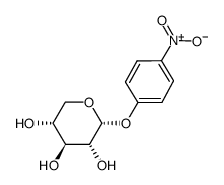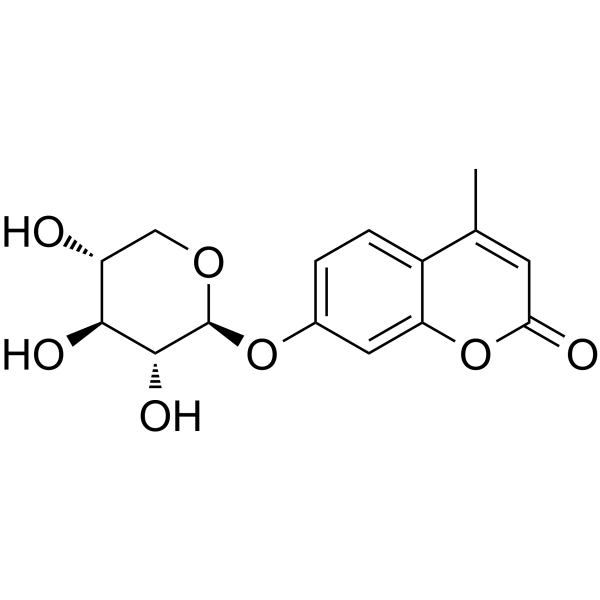| 结构式 | 名称/CAS号 | 全部文献 |
|---|---|---|
 |
对硝基苯基 α-D-吡喃木糖苷
CAS:10238-28-5 |
|
 |
4-硝基苯基-β-D-吡喃木糖苷
CAS:2001-96-9 |
|
 |
4-甲基伞形酮酰-Β-D-吡喃木糖苷
CAS:6734-33-4 |